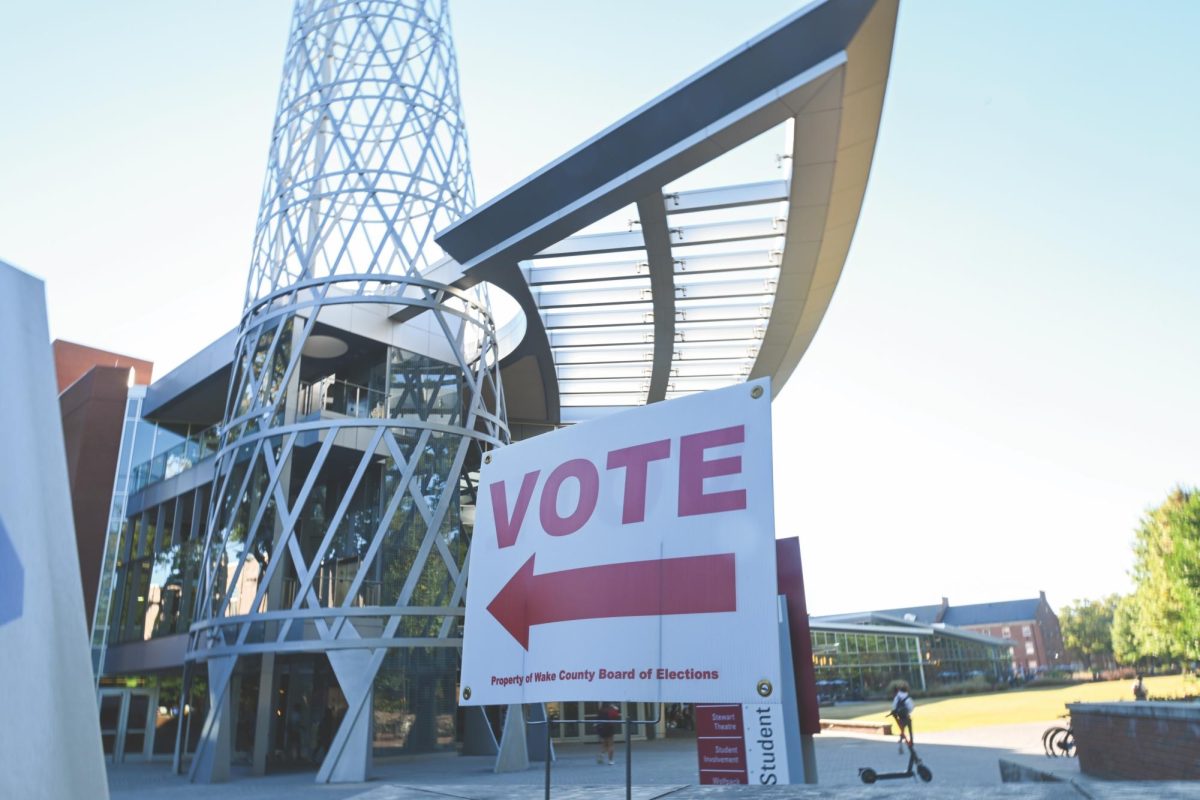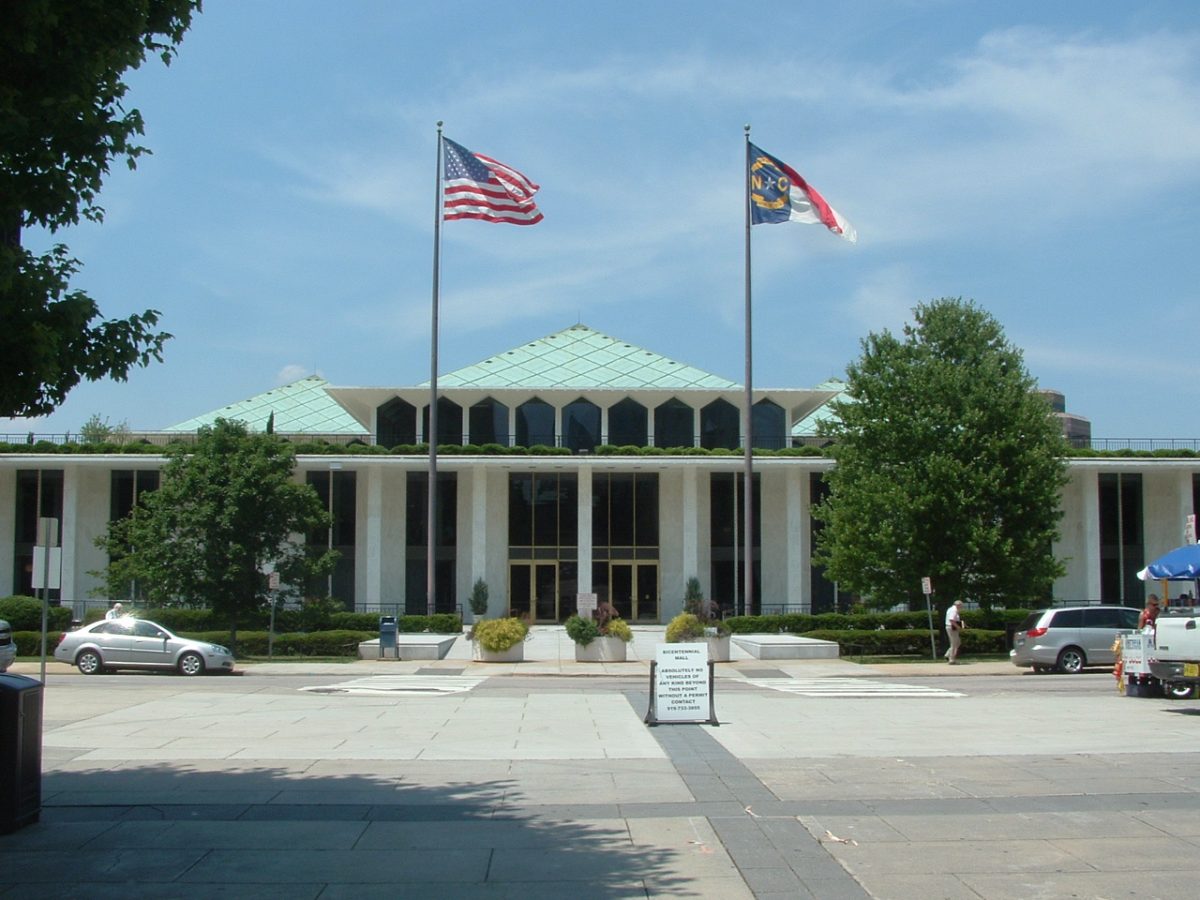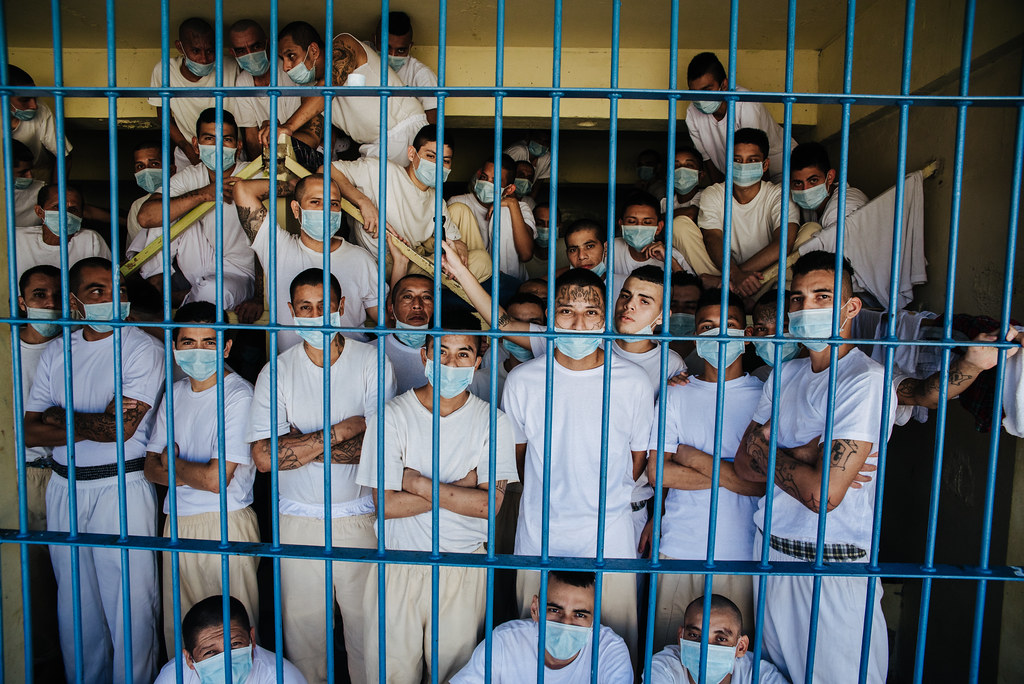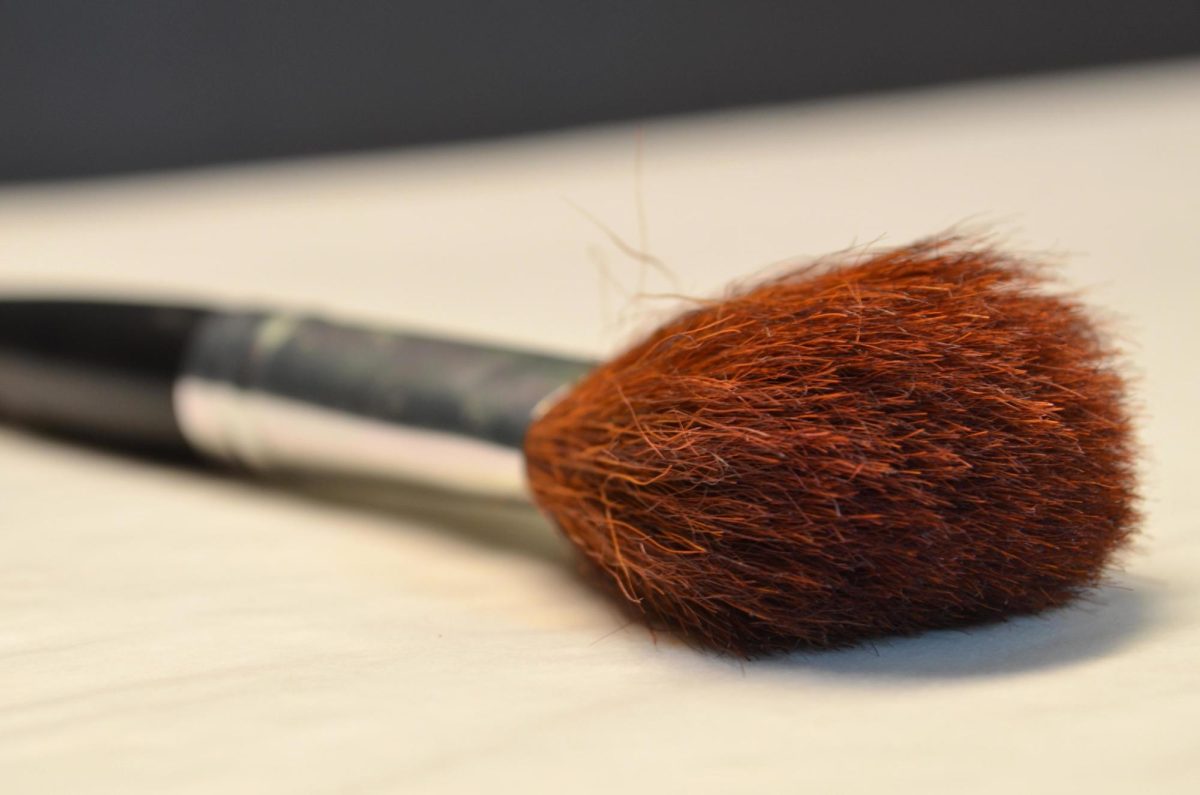The United States Supreme Court will not rule on Virginia Polytechnic University’s (Virginia Tech) former Bias Intervention and Response Team’s legal standing. On March 4, 2024, the Supreme Court said the case was no longer relevant, as the team is no longer in effect.
The case concerned the Bias Intervention and Response Team (BIRT), a Virginia Tech University panel created in 2018 that investigates anonymously reported bias incidents. These incidents were considered situations involving “expressions against a person or group” based on race, sexual orientation and/or other protected classes. The panel was accused of “chilling,” or discouraging exercising freedom of speech with vague threat of legal action.
Speech First, an organization that has filed several free speech lawsuits on behalf of conservative students, filed the lawsuit. They argued that the group “objectively chilled student speech” and opposed the First Amendment.
The BIRT panel called students who were reported for causing a bias incident to a voluntary meeting, where students met with university officials to explain their actions. Students called to meet with the BIRT couldn’t be punished, as the BIRT lacks the power to punish students.
The panel also rarely took action based on reports, with only two of 33 Spring 2021 cases leading the panel to call students to a meeting. Despite this, Speech First argued the group’s policies chilled the speech of conservative students.
Speech First first challenged the group’s legal standing in 2021, but a federal judge chose not to block the BIRT program.
Speech First challenged the ruling and brought it to the U.S. Court of Appeals, which reviews legal cases already ruled upon for the 4th Circuit, which represents Virginia, Maryland, West Virginia, North Carolina and South Carolina.
Bias response teams have become a contentious issue in the U.S. The 4th and 7th Circuit Appeals Courts say the groups don’t chill student speech, while the 5th, 6th and 11th say they do. To this point, the Supreme Court had not taken a case addressing the teams, so there hadn’t been an established precedent.
The 4th Circuit court denied Speech First again, saying that Speech First failed to present evidence that student speech on campus was chilled.
“Although Virginia Tech clearly would prefer that its students engage in respectful discourse, the district court found no evidence that the University sought to pursue this goal through intimidation or threats,” the 4th Circuit Court said.
The 4th Circuit also said, “The Constitution, however, does not require us to ignore that universities have not always been places where such open dialogue is accepted from everyone. With this history in mind, many universities — Virginia Tech among them — find it equally vital to communicate that their campuses are places welcoming to all students, whatever those students’ backgrounds and whatever their political, social, or religious views.”
Virginia Tech discontinued the BIRT in early 2023 after their Dean of Students, Byron Hughes, left the school.
Speech First filed a petition to the Supreme Court on Aug. 14, 2023 to challenge the ruling, and Virginia Tech responded to the petition on Oct. 18, 2023. They said that the apparent split between the courts’ opinions didn’t exist.
In their reply to Speech First, they discussed the apparent split, saying, “It challenges only the bias protocol, which does not prohibit anything or punish anyone…. Any perceived split between the Fourth and Fifth Circuits is illusory.”
Virginia Tech also focused on how students weren’t punished by the BIRT, saying, “Virginia Tech’s evidence was unequivocal: “If a student fails to respond to this message [inviting him/her to a meeting], or declines to meet with our Office, no further action is taken, and the student faces no consequences of any kind.”
Speech First replied to Virginia Tech on Oct. 26, 2023; however, their argument and reply didn’t convince the court. On March 4, 2024, the Supreme Court officially vacated the Appeals Court’s Ruling, declaring the case moot, meaning the case was no longer relevant.
The Supreme Court’s decision is final, and Speech First cannot appeal it. Three justices dissented in the case, with Justice Samuel Alito and Justice Clarence Thomas saying they should have ruled on the case. Justice Ketanji Brown Jackson said the court should have declined the case outright.





